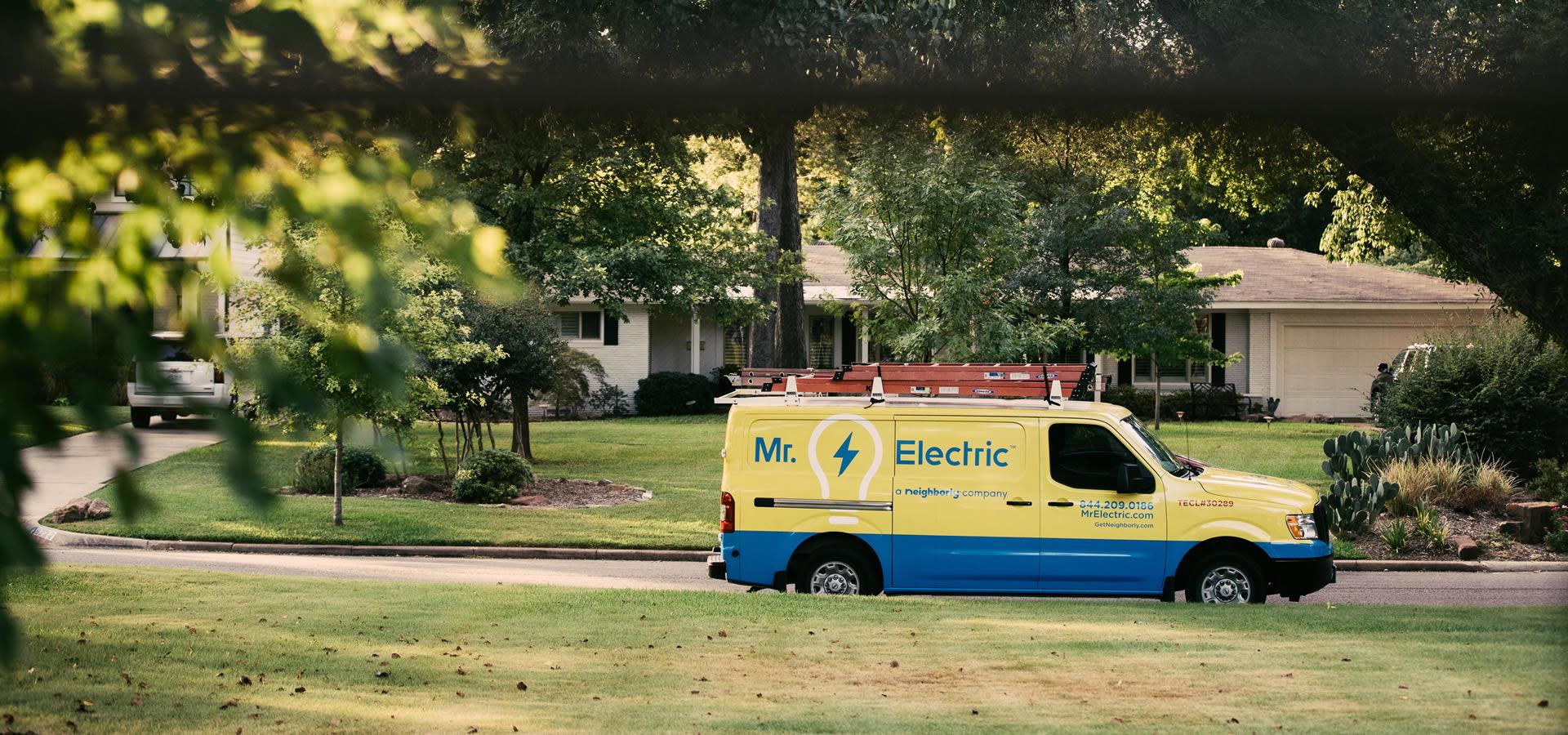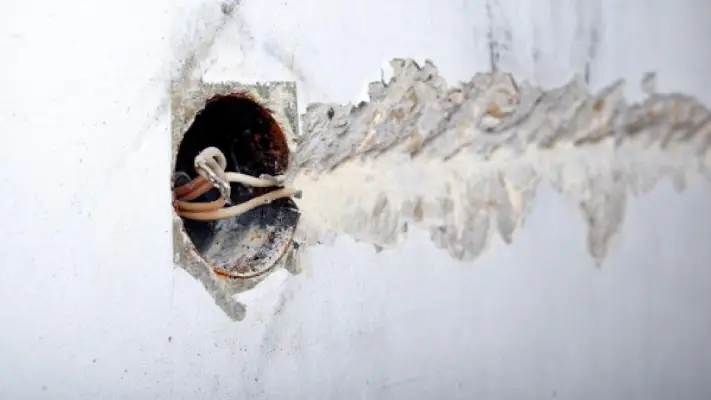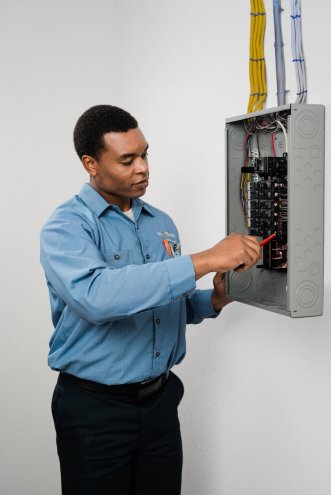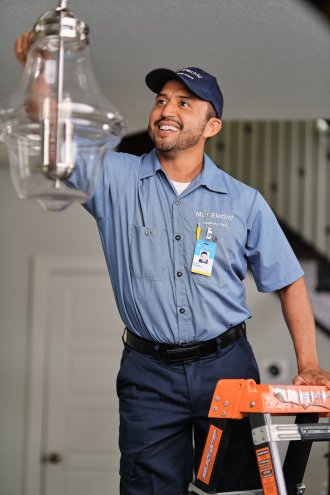- Home
- Electrical Services
- Appliance Circuit Installation
- Ceiling Fan Installation
- Commercial Service
- Electric Vehicle Charger Installation
- Electrical Contractor
- Electrical Inspection
- Electrical Outlet Replacement
- Electrical Panel Replacement
- Electrical Repair
- Electrical Wiring
- Home Automation System Installation
- Smoke Detector Installation
- Surge Protection Installation
- Lighting
- Blog
- Reviews
- Coupons
- Contact Us
- Service Areas
- Career
- About Us
- FAQs
- Locations
- Videos
Call this Saturday to Get
$25 OFFCall this Saturday to Get
$35 OFFHire Local Trusted Electricians Now
Need an Electirician?
SCHEDULE SERVICE NOW!Call Us Today!
346-666-5002- Home
- Electrical Services
- Appliance Circuit Installation
- Ceiling Fan Installation
- Commercial Service
- Electric Vehicle Charger Installation
- Electrical Contractor
- Electrical Inspection
- Electrical Outlet Replacement
- Electrical Panel Replacement
- Electrical Repair
- Electrical Wiring
- Home Automation System Installation
- Smoke Detector Installation
- Surge Protection Installation
- Lighting
- Blog
- Reviews
- Coupons
- Service Areas
- Career
- About Us
- FAQs
- Locations
- Videos
- Contact Us







